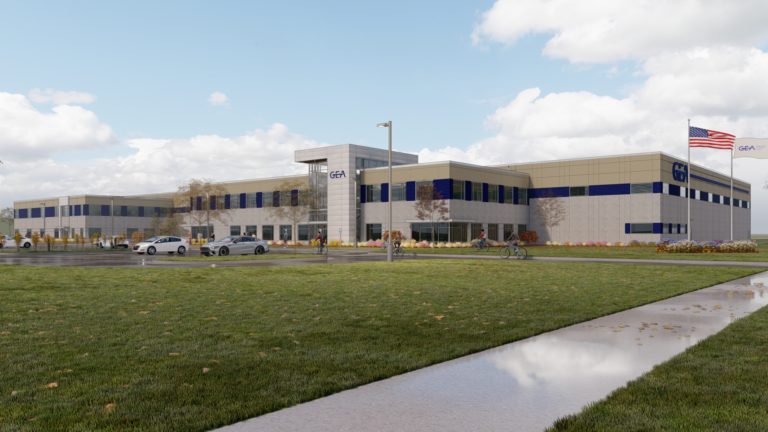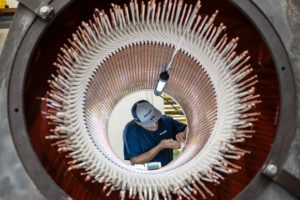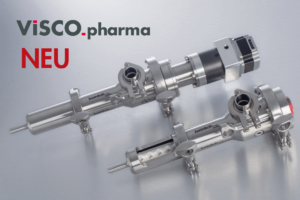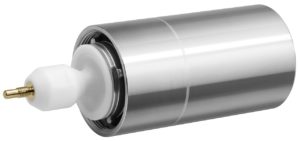GEA Invests in Technology Center for Alternative Proteins in the USA

The new food innovation center on the GEA Campus in Janesville, USA, will be used to evaluate processes for the production of new food on a transferable pilot scale as well as to test production using cell cultures and microbial fermentation in conjunction with upstream and downstream process steps. The 10,000 square-meter facility will be housed in an extension to the existing GEA building. (Image source: GEA Group Aktiengesellschaften)
GEA’s technologies and a team of biotechnology experts form the basis for scaling new food for industrial production, which is increasingly in demand in the USA. Groundbreaking at the new GEA campus in Janesville is scheduled for spring of 2024, with the opening to follow one year later.
Technology boost for the U.S. new food market
The USA is one of the countries promoting the development of sustainable food options through favorable regulation and openness to innovative food technologies. For example, the Food and Drug Administration (FDA) already approved cell-cultivated chicken meat in 2022 and last year confirmed that the use of precision-fermented milk proteins in foods is safe.
“A number of new food pioneers in the USA are already writing innovation history. When it comes to industrial production, the market is still on the starting blocks. GEA’s new food center bridges a gap in the innovation landscape, driving forward the development of complementary proteins through technology,” says Dr. Reimar Gutte, Senior Vice President Liquid and Fermentation Technologies, leading New Food at GEA.
“Most new food companies are located in North America and the bulk of the investments in alternative proteins flow into this region. Consequently, there is an urgent need for scaling facilities like ours,” says Arpad Csay, who leads GEA’s North American new food business. “The GEA platform in Janesville will enable manufacturers to conduct their scaling and testing work without the need to invest in their own capital-intensive infrastructure. In this way, we will help overcome scaling challenges and accelerate the industry’s growth.”
Biologization of the food industry creates need for new food training
Beyond testing and validating processes, GEA also intends to promote the training of biotechnology specialists in the 10,000 square-meter building. Attached to the GEA site for homogenizers, separators, pumps and valves, which opened in December 2023, the new food experts will enhance knowledge sharing with other disciplines.
This project marks GEA’s second investment in a new food hub, which fast-tracks innovations from the lab to commercial-scale manufacturing. Prior to this, GEA inaugurated its technology center focusing on cell cultivation and fermentation in Hildesheim, Germany, in June 2023.
New food: growth driver for GEA and the food industry
As one of the food industry’s leading technology providers, GEA is at the forefront of the novel food movement, which addresses the challenges posed by the megatrends of climate change, food security and ethics as well as healthy nutrition. That is why new food has been identified as one of the growth drivers in the GEA Mission 26 strategy. One dedicated business line is working on technologies and full production lines for microbial proteins or proteins cultivated in bioreactors, plant- or fungi-based foods, as well as innovative hybrids combining plant-based products with proteins produced using biotechnology.
Source: GEA Group Aktiengesellschaft







